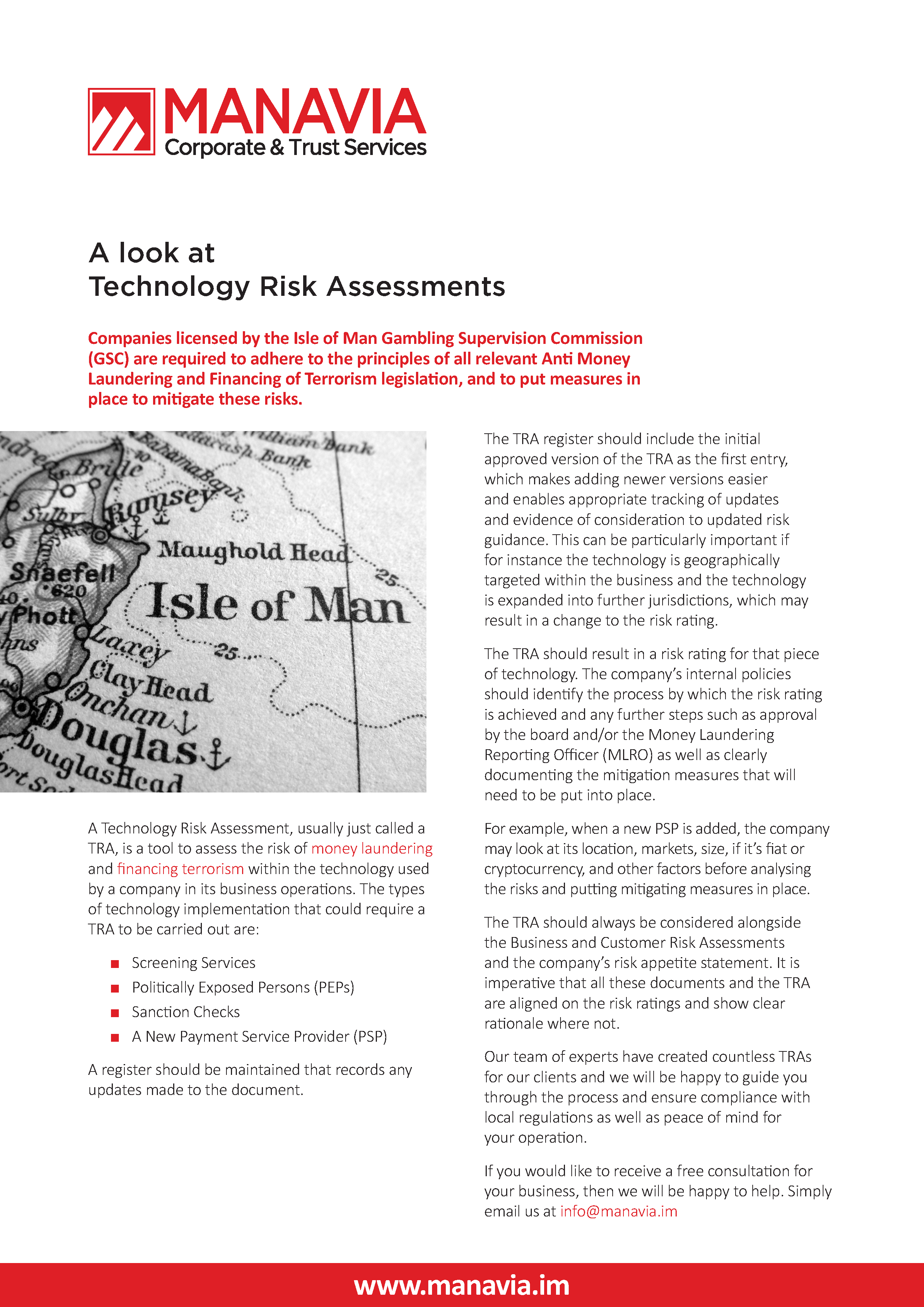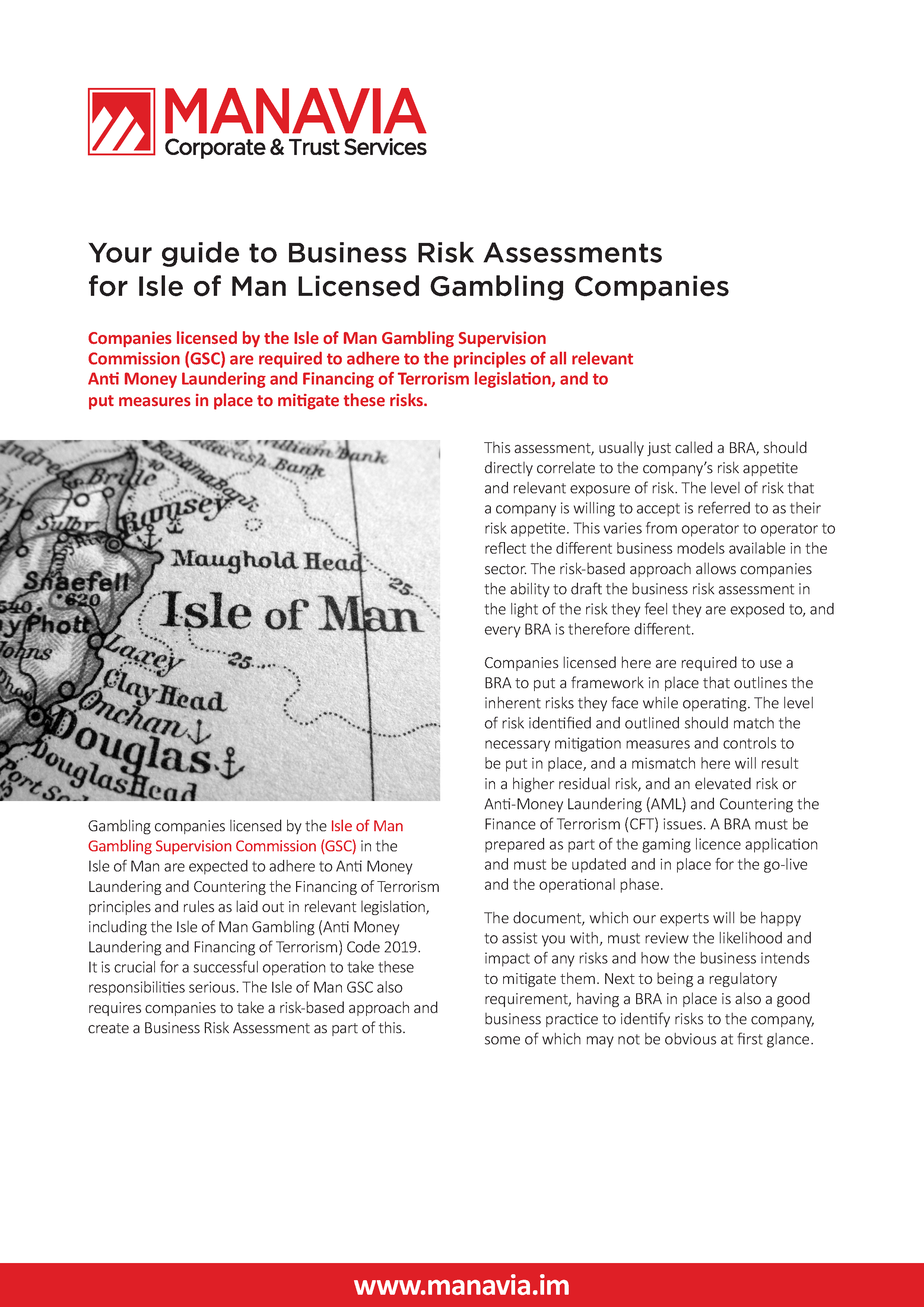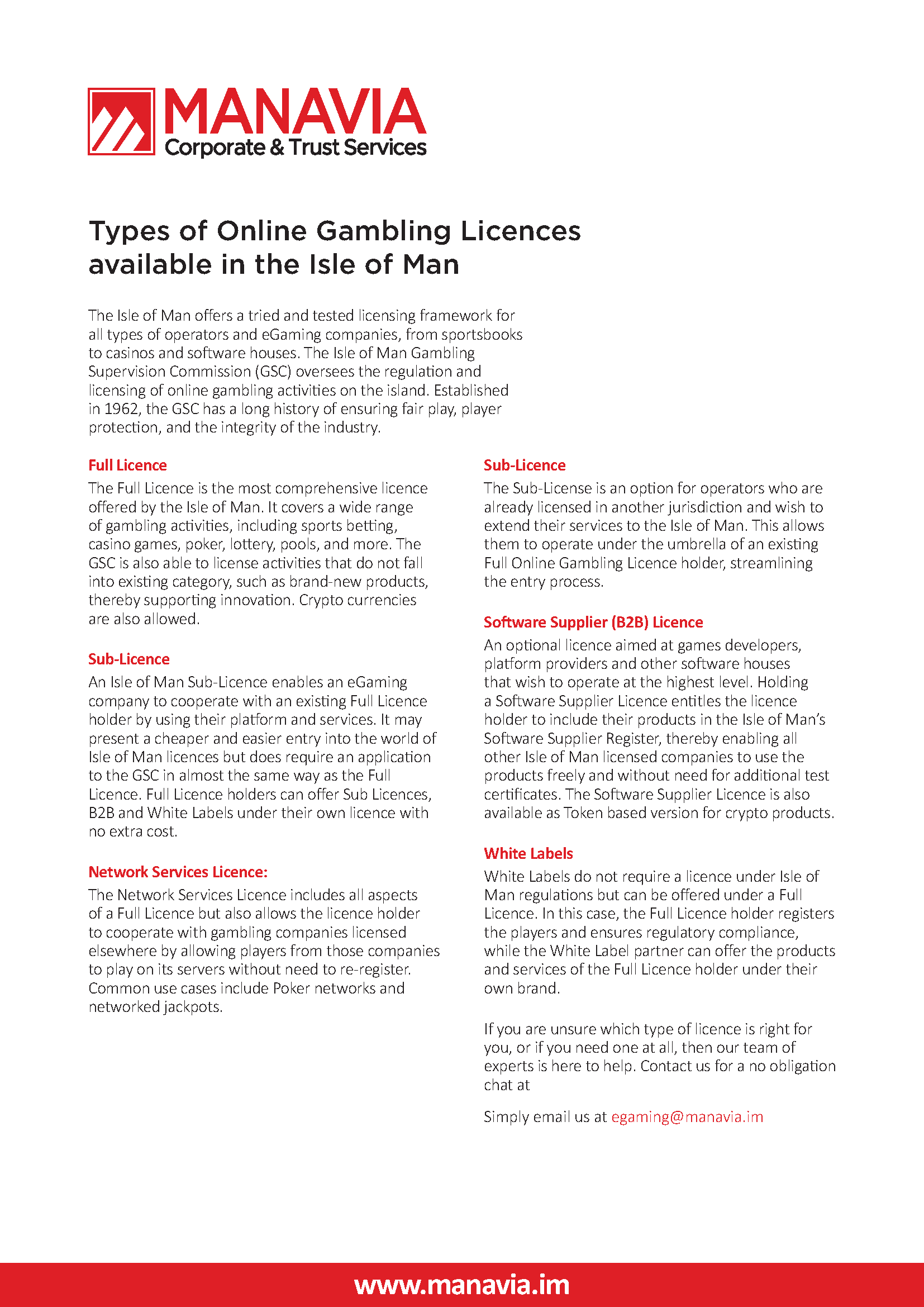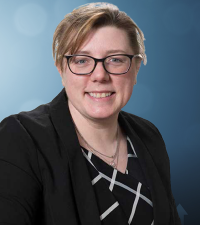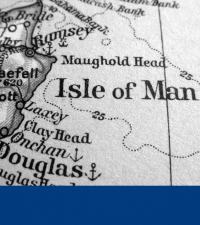Advocate Paul Beckett presents paper on beneficial ownership at Oxford University
Paul Beckett | Senior Advocate | Originally published 20 September 2016
Paul Beckett, Senior Counsel at MannBenham, recently delivered a paper on beneficial ownership at the 107th Annual Conference of the Society of Legal Scholars (SLS), held this year at St Catherine’s College, Oxford. The Conference brings together senior academics and professionals from across the world.
The SLS is the learned society for those who teach law in a university or similar institution or who are otherwise engaged in legal scholarship. As at the beginning of 2016 the SLS had nearly 3000 members consisting primarily of academic lawyers in the UK and Ireland. The SLS (formerly called The Society of Public Teachers of Law) was founded in 1908 and has charitable status. It is the oldest as well as the largest learned society in the field of law. The Society is the principal representative body for legal academics in the UK as well as one of the larger learned societies in arts, humanities and social science. Members of the senior judiciary and members of the legal professions also participate regularly in the work of the SLS. Paul, who as well as having practised as an Advocate in the island for over 25 years is a legal scholar and a widely published author of legal works, has been a member of the SLS since 2002.
- Paul’s paper explored the approach of the G20 nations to beneficial ownership and in particular the High Level Principles on disclosure which the G20 issued after its Brisbane Summit in 2014. His thesis is simple, but potent. Worldwide, efforts are being made to implement enforcement mechanisms for identifying the beneficial owners of companies (and other “legal persons” such as LLCs, Foundations etc.), and the policies driving this initiative are found in the Principles.
- His audience were very much in support of his view that the Principles are not just “High Level” but stratospherically vague and lack any guidance as to how they could be applied in practice even if we could work out what they are aiming at.
- Using an Isle of Man non-charitable Purpose Trust as a case study, but reminding his listeners that many jurisdictions (including States within the USA) now have similar provisions in their laws, he emphasized that in fact no enforcement mechanism – no matter how robustly crafted – will be of the slightest use if the structure under investigation has in fact no beneficial owner at all. There are no beneficiaries under a purpose trust of this type, and so no-one owns beneficially the property which that trust holds. As far disclosure proposals and strategies, when they get there, the cupboard is bare. This, by analogy with current tax enforcement thinking, is beneficial ownership avoidance.
Paul is currently writing “Tax Havens and International Human Rights Law” which is due to be published by Taylor & Francis in the UK in late 2017.


